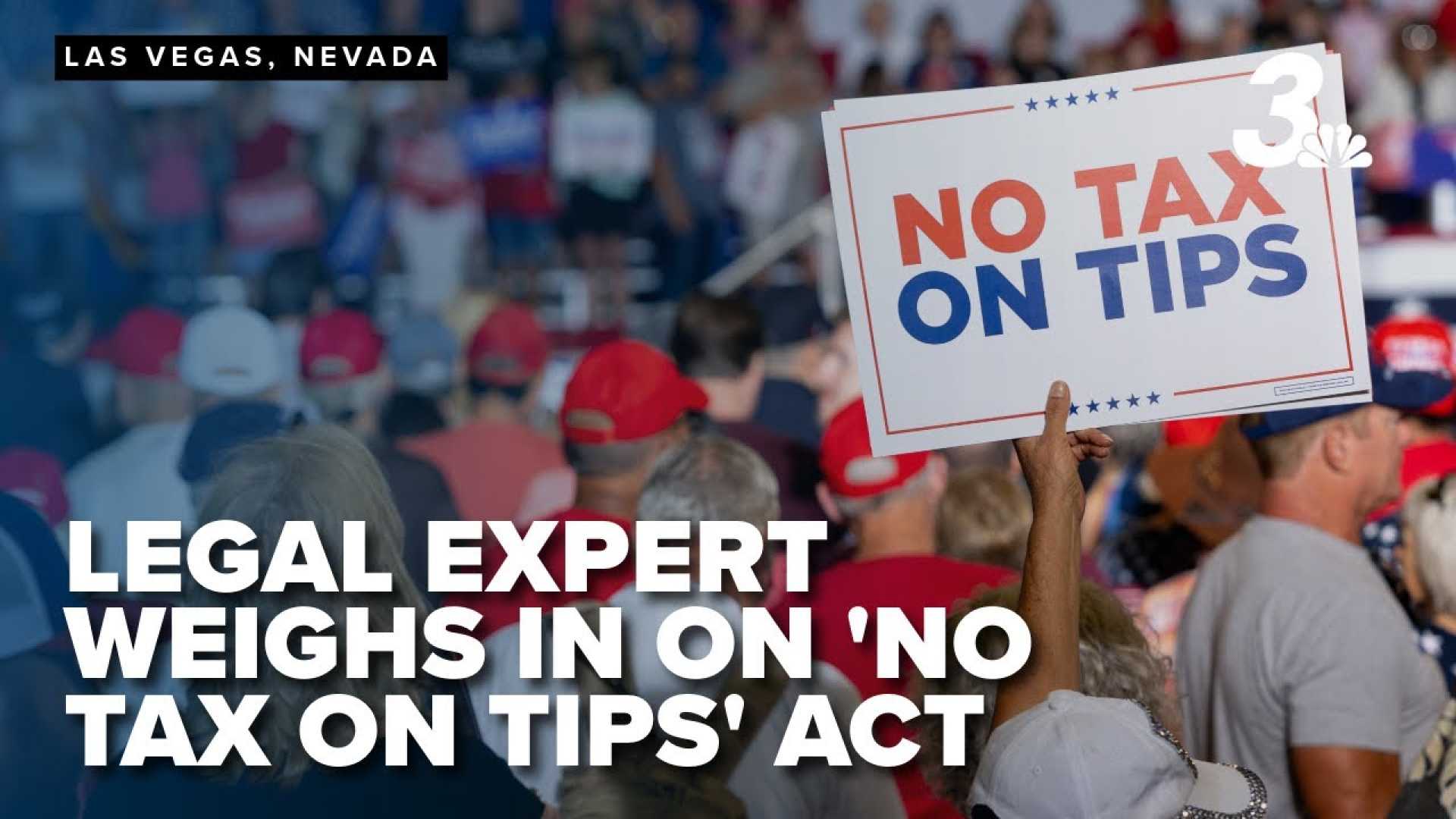Politics
Senate Passes No Tax on Tips Act to Aid Service Workers

WASHINGTON (AP) — Millions of American service workers inch closer to keeping their tips tax-free after the Senate passed the No Tax on Tips Act unanimously. This legislation aims to exempt up to $25,000 in tips from federal income taxes for service workers, including bartenders, barbers, delivery drivers, and nail technicians.
The bill is a central promise of President Donald Trump and now heads to the Republican-controlled House, where it is expected to receive broad support. Senate Minority Leader Chuck Schumer stated, “We are one step closer to eliminating taxes on tipped wages for hardworking Americans.” He emphasized that workers in these jobs deserve tax relief, not the ultra-rich.
The momentum for the No Tax on Tips Act surged during the 2024 campaign, demonstrating a mix of public opinion regarding its possible effects. Critics, however, such as economists and labor advocates, argue that removing taxes on tips may ultimately disadvantage many service workers.
The proposed act would amend the IRS Code to eliminate income tax on tips for employees who have traditionally received tips. Eligible workers must have earned less than $160,000 in the 2024-2025 tax year. Experts note that only a small segment of the workforce is affected, with estimates indicating about 4 million U.S. workers in tipped occupations.
Despite support, some researchers caution that this change could harm the service industry. Currently, 37% of tipped workers report low incomes, raising concerns that some employers might reduce wages, expecting workers to rely more on tips.
Supporters of the bill, like the National Restaurant Association, advocate that tax relief would benefit both workers and employers. They state, “Eliminating taxes on tips would put cash back in the pockets of a significant number of workers in the restaurant and foodservice industry.”
The final decision on the legislation now lies with the House, where its future remains uncertain but hopeful.












